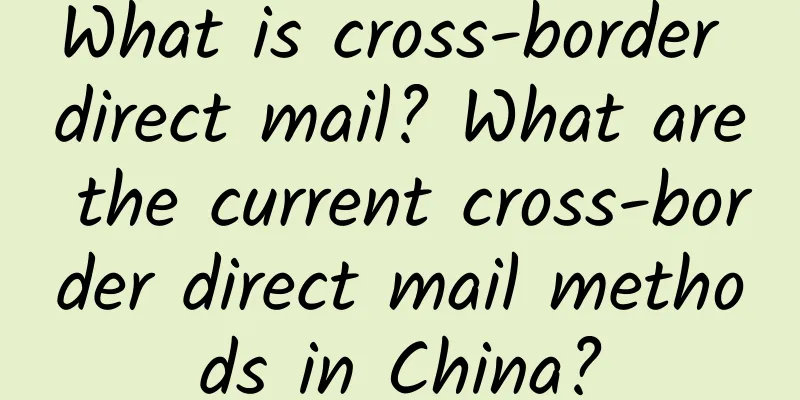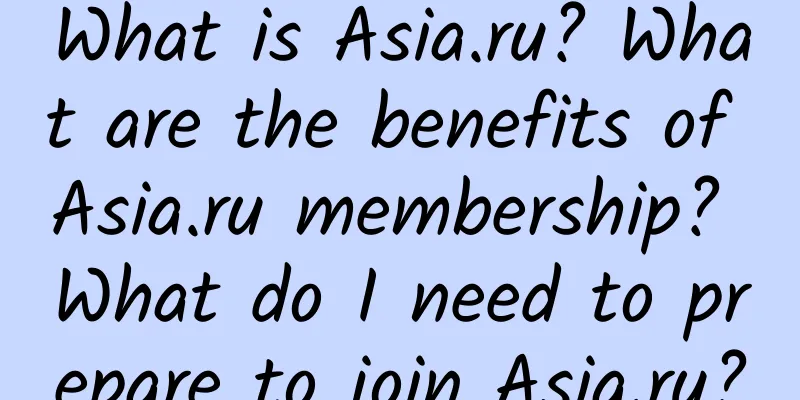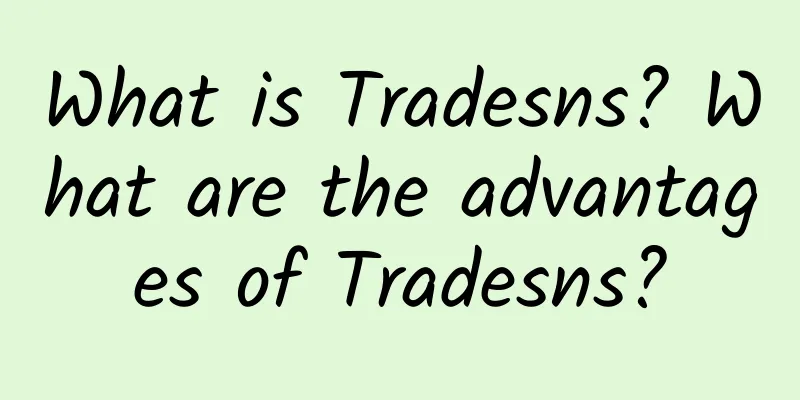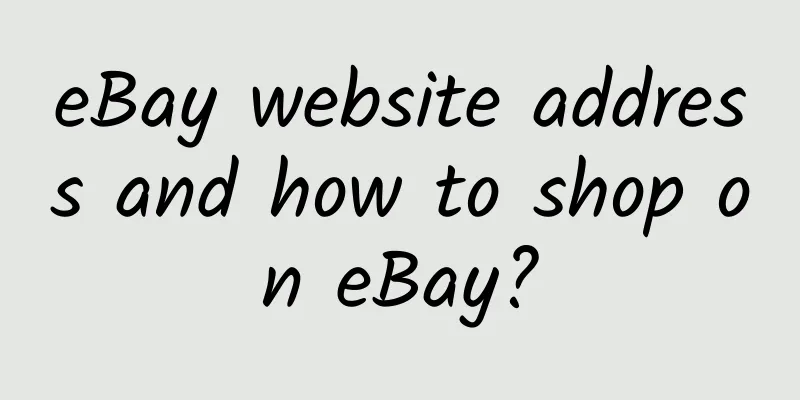What is cross-border direct mail? What are the current cross-border direct mail methods in China?

|
What is cross-border direct mail? The cross-border e-commerce bonded direct mail model started in 2013, when China started cross-border e-commerce services in eight pilot cities across the country, mainly relying on the cooperation between China Customs and Post to establish a free trade zone. Merchants prepare goods in bonded warehouses in advance, and after consumers place orders, they are sorted into small packages and shipped as personal items after customs clearance. Only the postal tax needs to be paid, which greatly reduces the tax on the import link of enterprises. There are four direct mail methods commonly used in China: 1. Personal Express In principle, it is the items that are sent by individuals abroad to individuals in China for their own use, so these items do not need to be registered and will not be subject to the control of the positive detailed list. This is the characteristic of personal express delivery. This also leads to a relatively high tax rate for personal express delivery, with three tax rates of 15%, 30%, and 60% depending on the type of goods. Even with a 50 yuan tax-free credit limit, the overall comparison is still much higher than the comprehensive tax of cross-border e-commerce. 2. BC Direct Mail BC direct mail, also known as bonded area direct mail, is a method recommended by the country. It is relatively efficient and stable, and is legal and compliant. But the disadvantage is that each order must pay taxes, must be well filed, and is subject to the constraints of the reverse details. 3. EMS direct mail The advantage of EMS direct mail is that it is relatively fast and stable. For cross-border e-commerce, except for sampling tax, it is generally tax-free. Therefore, its disadvantage is also obvious, that is, the price is relatively high. 4. CC direct mail The CC direct mail model refers to personal parcels and express mail, which originally complies with the principle of reasonable personal use, so as to facilitate the delivery of personal items within the country. For example, in daily life, Chinese people often send books, clothes and small gifts from overseas to China through post offices or local express companies. Or they buy small things for relatives and friends in China and send them back. Generally, most people use this method. This is the end of the introduction to cross-border direct mail in this issue. If you want to get more information about cross-border direct mail, please pay attention to it. We will continue to answer your questions~ |
<<: What is cross-border distribution? What are the cross-border distribution platforms?
>>: What is FOB? What does the FOB price include?
Recommend
What is EMC certification? What are the EMC design measures?
What is EMC certification? EMC certification is t...
What problems are likely to occur during employee interviews during GRS certification factory inspections?
When doing GRS certification inspection, don’t as...
AQSIQ announces quality assessment standards for inspection agencies
[Introduction] On the 30th, the General Administr...
How is Furunde? What are the advantages of Furunde?
How about Furunde? Shenzhen Furunde Supply Chain ...
Factory Inspection/Inspection Consulting Global Manufacturing Code - Management System (Mattel Factory Inspection)
Management System Does the factory provide each e...
Reporter at the scene: Bamboo and corn can be made into environmentally friendly organic fabrics
On-site news Bamboo, soybeans, corn, milk, coconu...
Basic elements of FSC forest certification
What are the basic elements of FSC forest certifi...
What is Cross-border Help? What does Cross-border Help include?
Kuaijingbang (http://www.kuajingbang.net/) is a c...
How about the promotion and traffic-generating tool Reddit?
1. What is Reddit? Reddit is a famous American ne...
Why does PayPal need authentication? What are the benefits of PayPal authentication? What are the methods for PayPal authentication?
Why does PayPal need to be authenticated? PayPal ...
SNS Marketing——Social Network Services
SNS, the full name of which is Social Networking ...
DrumUp — Manage your social media accounts for free
If you're looking for more help with content ...
What is the five-country instruction manual? What information does the five-country instruction manual require?
As the name suggests, the five-language instructi...
How to optimize eBay keywords?
eBay keyword optimization is related to the store...
What is EarData? What services does EarData provide?
What is EarData? EarData is a plug-in that provid...









